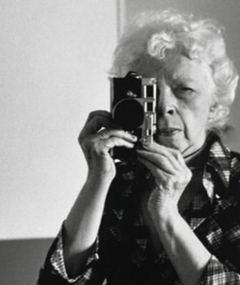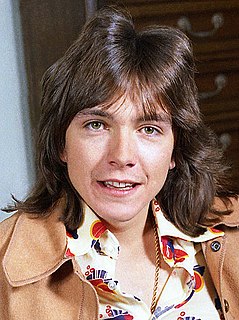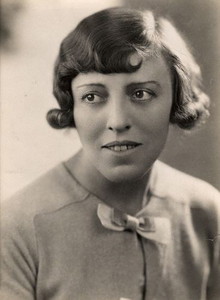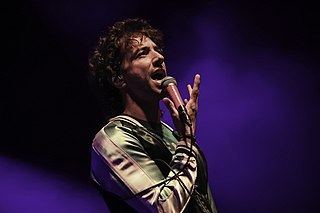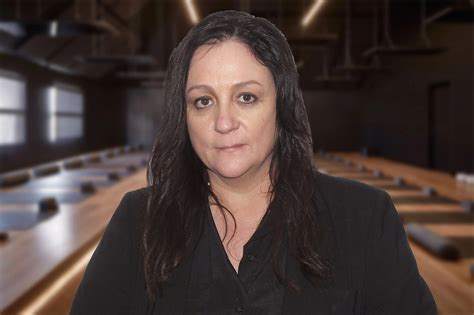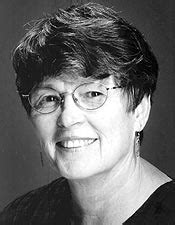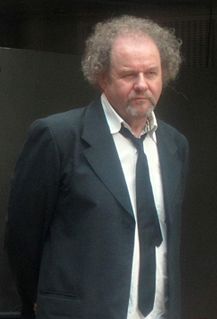Top 1200 Loss Of Innocence Quotes & Sayings
Explore popular Loss Of Innocence quotes.
Last updated on November 13, 2024.
When you go through hell, your own personal hell, and you have lost - loss of fame, loss of money, loss of career, loss of family, loss of love, loss of your own identity that I experienced in my own life - and you've been able to face the demons that have haunted you... I appreciate everything that I have.
The thing I deplore the most is, anyone who rapes anyone's innocence, in anyway. So a guy who physically rapes a woman or a child or physically hits a child. When that period of innocence is raped - that person loses something that they can never get it back. To me when innocence is raped, that is the sickest and filthiest thing.
[Ending] is partly drawn from a desire to shock the audience, to brutally de-romanticize what many Americans think is happening overseas. And partly drawn from my own childhood: violence and a loss of innocence. But keep in mind that, as a writer, I'm both the criminal and the victim. I'm not trying to get out of anything easy.
So the city became the material expression of a particular loss of innocence – not sexual or political innocence but somehow a shared dream of what a city might at its best prove to be – its inhabitants became, and have remained, an embittered and amnesiac race, wounded but unable to connect through memory to the moment of injury, unable to summon the face of their violator.
There are no moments more painful for a parent than those in which you contemplate your child's perfect innocence of some imminent pain, misfortune, or sorrow. That innocence (like every kind of innocence children have) is rooted in their trust of you, one that you will shortly be obliged to betray; whether it is fair or not, whether you can help it or not, you are always the ultimate guarantor or destroyer of that innocence.
If the world is to contain a public space, it cannot be erected for one generation and planned for the living only; it must transcend the life-span of mortal men…. There is perhaps no clearer testimony to the loss of the public realm in the modern age than the almost complete loss of authentic concern with immortality, a loss somewhat overshadowed by the simultaneous loss of the metaphysical concern with eternity.
Money gained on Sabbath-day is a loss, I dare to say. No blessing can come with that which comes to us, on the devil's back, by our willful disobedience of God's law. The loss of health by neglect of rest, and the loss of soul by neglect of hearing the gospel, soon turn all seeming profit into real loss.
The innocence of those who grind the faces of the poor, but refrain from pinching the bottoms of their neighbour's wives! The innocence of Ford, the innocence of Rockefeller! The nineteenth century was the Age of Innocence--that sort of innocence. With the result that we're now almost ready to say that a man is seldom more innocently employed than when making love.
We must face the fact that we are on the brink of times when man may be able to magnify his intellectual and inventive capability, just as in the nineteenth century he used machines to magnify his physical capacity. Again, as then, our innocence is lost. And again, of course, the innocence, once lost, cannot be regained. The loss demands attention, not denial.
It is more important that innocence be protected than it is that guilt be punished, for guilt and crimes are so frequent in this world that they cannot all be punished. But if innocence itself is brought to the bar and condemned, perhaps to die, then the citizen will say, "whether I do good or whether I do evil is immaterial, for innocence itself is no protection," and if such an idea as that were to take hold in the mind of the citizen that would be the end of security whatsoever.

